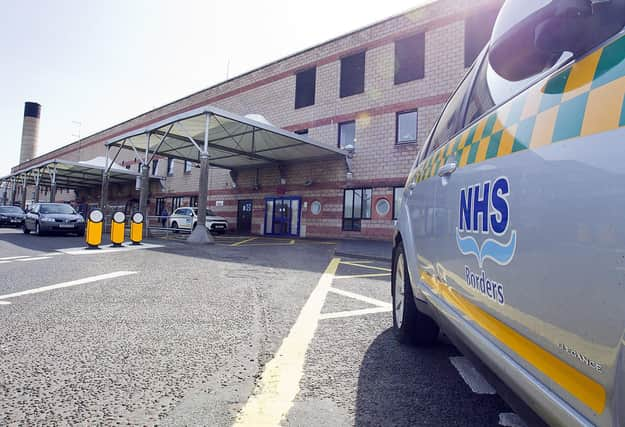Plan to free up hospital beds


A spokesperson for the local health authority said: “Being in hospital for any longer than necessary can lead to significant problems for people when they try to return to their lives after they are discharged. To avoid unnecessary harm and to maintain independence, we have implemented the Discharge without Delay programme, in which our teams will aim to get people home or to their next place of care as soon as they are medically fit for discharge.
“To do this, our teams start planning for a patient’s discharge from the moment that they are admitted and will aim to provide them with the treatment and support that they need to get them home or to their next place of care by their estimated date of discharge. They will discuss what matters most to individuals and assess what they will need at home or in a community setting and then make the necessary arrangements including medication and support plans required.”
Advertisement
Hide AdAdvertisement
Hide AdChris Myers, chief officer of the Scottish Borders Health and Social Care Partnership, said: “Studies have shown that people, particularly older adults, deteriorate or “decondition” whilst in hospital which can lead to serious harm. Just 10 days of bed rest equates to 10 years of muscle wastage in people over 80. This is why it is so important to treat a patient’s illness or put plans in place to support them with their illness and get them home or to care in the community as soon as possible.
“Our teams will work incredibly hard to discharge patients as soon as they are medically fit to leave. If your family member is fit to be discharged from hospital, they are not able to remain in hospital. Please help us to get them home quickly when they are well enough by working together with our care teams to make the necessary arrangements and being ready and available to collect them or support their discharge to their next place of care.
“Please understand that we routinely use stepdown units in Care Homes such as intermediate or interim care, and to Community Hospitals. This allows people to rehabilitate, recover and reduces their risks of deconditioning before they get home or while they wait for a care home placement. Working with us to accept this means that we can reduce the risks of a longer hospital admission than required, get the flow through our hospitals moving and offer care to the maximum amount of people who need it.”